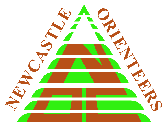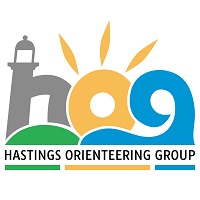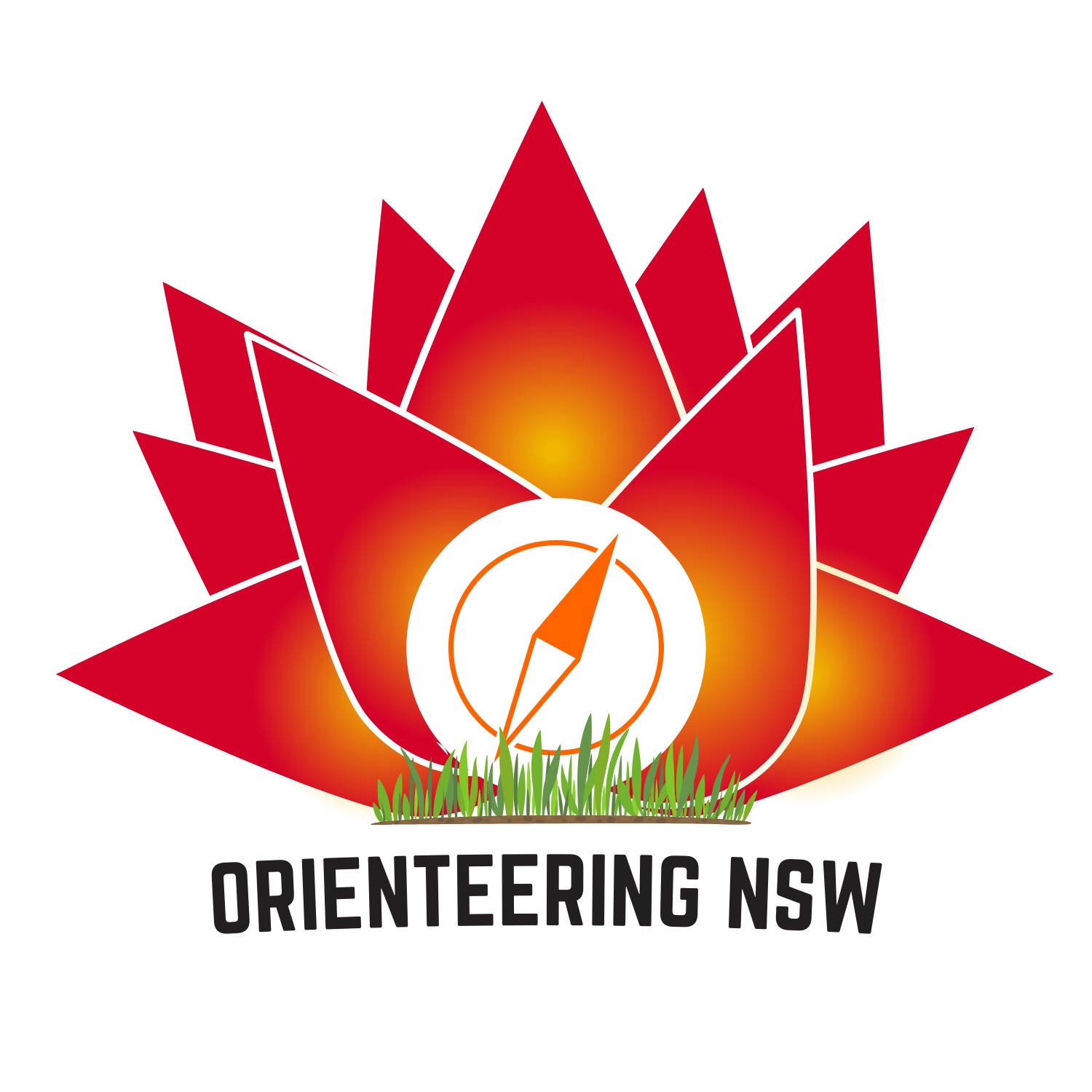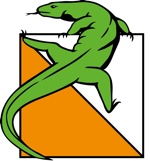Learn to Orienteer
 Orienteering NSW Contacts - This email address is being protected from spambots. You need JavaScript enabled to view it. (Director) and This email address is being protected from spambots. You need JavaScript enabled to view it. (Coach).
Orienteering NSW Contacts - This email address is being protected from spambots. You need JavaScript enabled to view it. (Director) and This email address is being protected from spambots. You need JavaScript enabled to view it. (Coach).
Beginner program for newcomers of all ages.
Learn to Orienteer is a national program aimed at anyone who wants to start orienteering.
All ages are welcome – children, adults, and parents. Lessons are conducted in small groups.
We focus on different skills and give participants plenty of opportunities to have fun exploring techniques to build confidence in using a map to navigate.
Orienteering Australia Learn to Orienteer Overview (New 2024)
Coach or Instructor Documents to Download:
Program Delivery Guide Learn to Orienteer.pdf
Participation Documents to Download:
Participants Handbook condensed A4 8 page.pdf
Participants Handbook condensed A5 12 page.pdf
Updated 28th March 2024.
Old Learn the Skills webpage Information:
If you've been through the Newcomer Information and are ready to take your orienteering to a new level, here's a few tips!
1. Talk to a coach or experienced orienteers.
Find out who is an accredited coach in your club and have a chat to them. It can be enormously beneficial to discuss a map and course before you head out and then to review how you went afterwards.
2. Attend a coaching/training day or weekend.
Each year there is usually a coaching/training day or weekend conducted by Orienteering NSW. These days are generally open to all members and will be advertised on the website or through the weekly E-bulletin.
Clubs also offer training opportunities, so check with your local club on what is coming up.
2. After each event, review your course.
Draw your route (or at least where you think you went) on your map. When you are not tired, have a look at where you went and why. What did you do well? Where did you lose time and why? Are there any lessons to be learn't from the event or from a series of events?
Livelox is a useful course for comparing your route against other people. Download your GPX track and see how you compare to other competitors.
If electronic timing was used, how did the timing splits for each leg compare?
There are various course or skill review templates available or you can create your own. Here's a few that might be helpful:
Skills self-evaluation template
3. Know your map and control description symbols.
OA symbol information sheets:
- Map Symbols for Orienteering Maps (2017 edition)
- Map Symbols for Sprint Orienteering Maps (2019 edition)
- Control Descriptions 2024
Take an online quiz to learn your control descriptions.
4. Practice
The more events you do, the more experience you will get and the faster you will learn. Different areas demand different navigation techniques and it takes time to gain experience in a wide variety of terrain.
5. Fair Play
The IOF has released a set of Fair Play principles to serve as guidelines for different client groups within orienteering. Read about them here.
6. Do some self-help homework
There are a variety of How To orienteering books available but you may need to order them online.
A fun way to practice is through the virtual orienteering game, Catching Features. You can download a demo version for free.
See getting started page at Orienteering Australia.
Check out some useful sites such as the ones below.
Orienteering Australia coaching materials
Orienteering ACT coaching tips
Orienteering Queensland coaching tips
7. Do some training at State Leagues
For primary school aged orienteers, the Bluebottles group get together at State League events. Apart from having some fun and games they also build their orienteering skills.
Ask for an early start at a State League event and after completing your easier course and gaining some familiarity with the map, enter on the day and try a slightly harder course. In need, head out with a more experienced orienteer and take the opportunity to learn and practice some skills.
Control collecting at your club's State league event is also worthwhile. Volunteer to assist with control collecting at the end of the event and ask to go out with an experienced orienteer. Try some harder level controls without the pressure of competition and with some backup!
8. Get involved in course setting
Course setting forces you to learn the map and how a course setter might be thinking. Often clubs will have a buddy system for new setters to guide you through the process and help you learn how it's done.
9. Get fitter
Your fitness will improve just by doing more events. However if you would like to get even fitter then you will need to do more running or cross-training. Often some club members will do long runs together regularly or may even attend an externally run training group. Elite level orienteers will have comprehensive running programs that include long runs, intervals, hill runs and more.





































